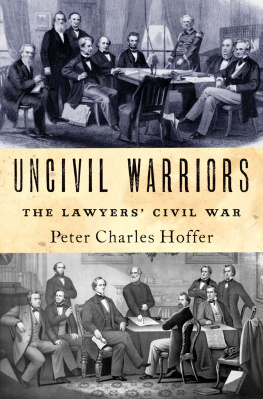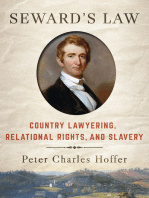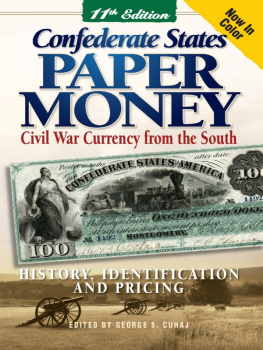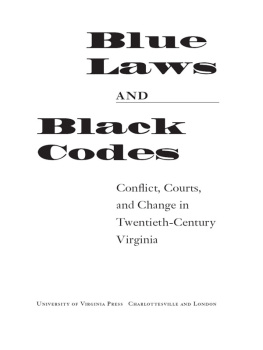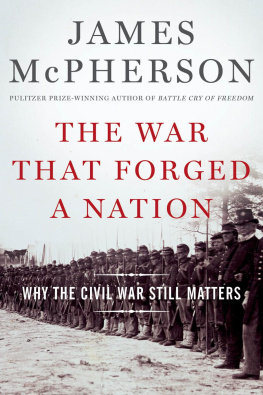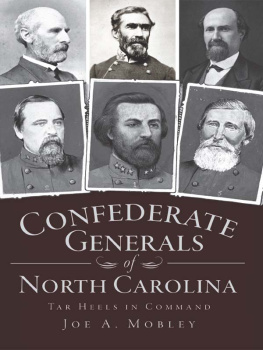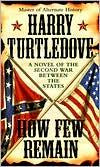Contents
Pagebreaks of the print version
UNCIVIL WARRIORS


Oxford University Press is a department of the University of Oxford. It furthers the Universitys objective of excellence in research, scholarship, and education by publishing worldwide. Oxford is a registered trade mark of Oxford University Press in the UK and certain other countries.
Published in the United States of America by Oxford University Press
198 Madison Avenue, New York, NY 10016, United States of America.
Peter Charles Hoffer 2018
All rights reserved. No part of this publication may be reproduced, stored in a retrieval system, or transmitted, in any form or by any means, without the prior permission in writing of Oxford University Press, or as expressly permitted by law, by license, or under terms agreed with the appropriate reproduction rights organization. Inquiries concerning reproduction outside the scope of the above should be sent to the Rights Department, Oxford University Press, at the address above.
You must not circulate this work in any other form and you must impose this same condition on any acquirer.
CIP data is on file at the Library of Congress
ISBN 9780190851767
eISBN 9780190851781
CONTENTS

1. The Contested Legality
of Secession

The second American Civil War from 1861 to 1865 (the first occurred during the War for Independence) is arguably the most important event in American history. It is also the saddest. The casualties in dead from wounds and disease numbered 720,000, over 9 percent of adult males according to the 1860 census. The total of those wounded in combat was nearly as high, and this does not count the psychological costs of these wounds to the soldiers and sailors. Over one million Confederates and over two million Union men served. Three out of four enlistees and draftees came home, but they were never the same. Those who waited for them to return were never the same. The war was not begun to end slavery, but in the end, emancipation became a justification for the sacrifices of the victors. For the defeated, secession and armed resistance were glorified as a lost cause.
Scholars supply civil war buffs with dozens of new books each year, and a recent count of books with Civil War in the title found over 1,100 in print. Wags joke that no Civil War diary will go unpublished, and it is true that print and online letters and journals comprise over twenty-six million hits on Google. No subject is better served by archivists, historians, and publishers than the Civil War, and yet it still calls on us to think and write about it.
This is a book about the Civil War lawyers, professional counsel who plotted the course of the war from seats of power. Both sides in the Civil War had their complement of lawyers and both sides leading lawyers make their way through my account. This book, perforce, focuses primarily on the Union side, because, as we shall see, lawyers were a more important part of Union war planning and implementation than lawyers in the Confederacy. Because of this, there may appear to be a certain pro-Union bias in the following accounts. Additional bias may appear with regard to the treatment of the institution of slavery. I apologize if any of this partiality appears to influence the account unduly.
The war had a huge impact on the everyday activities of ordinary lawyers. There were lawyers stationed throughout the bureaucracies of the two combatants, and they performed important if sometimes little-known tasks. Other lawyers found themselves involved (sometimes as defendants) in wartime prosecutions. They dot the Official Records of the Union and Confederate Armies and Navies. In the following pages, we catch some glimpse of these men on both home fronts and follow some of them on to the battlefield, but my chief concern here is the lawyer/politicians of the Civil War. Thus, the work is a combination of the history of professions, political history, and legal history in the Civil War Era.
Last but hardly least, I know that I traverse ground muddied by the ankle boots of generations of Lincoln biographers and Civil War historians. Fortunately, I teach at one of the foremost training grounds of future Civil War scholars and am surrounded by colleagues and graduate students whose expertise in Civil War is extraordinary. I thank Stephen Berry, Matthew Hulbert, and John Inscoe for reading a preliminary draft of this manuscript. I have tried to avail myself of their immense knowledge and generous comments. The substantive legal aspects of the war have attracted attention recently as well. Legal historians Al Brophy, Williamjames Hull Hoffer, N. E. H. Hull, Earl Maltz, and William Nelson read the manuscript and offered immensely helpful comments, for which I am grateful. Although I am not a member of a political science faculty, the hardy fellows of the School of Public and International Affairs (SPIA)s American Founding Group at the University of Georgia, led by Keith Dougherty, were kind enough to read and comment on the manuscript in its later stages. To Keith, Mike Taylor, and the members of the group, I offer my thanks. The notes indicate further indebtedness to the abounding secondary sources. All errors are, of course, my own.
UNCIVIL WARRIORS


The war would affect almost all of the nations lawyers, in 1860, according to the US census, some 101,000 men out of a free white male adult population of over 7 million. Many rushed to the colors. Others found jobs in the greatly expanded bureaucracies of the two governments. A few, the subjects of the pages that follow, played an even more important role. In positions of leadership they struggled to make sense of the conflict and, in the course of that struggle, began to glimpse a new world of law. It was a law that empowered as well as limited
In the summer of 1862, former Supreme Court justice Benjamin R. Curtis was troubled for this very reason. A Whig in politics with a large and successful legal practice, he joined the US Supreme Court in 1851 and served for six years. After he resigned his post on the Court following a bitter dispute with Chief Justice Roger Taney in 1857 and returned to his thriving and prestigious private practice in Boston, he supported the candidacy of Abraham Lincoln and opposed secession. But in 1862, Curtis had become worried that Lincoln overstepped his constitutional role in proposing to emancipate slaves in Confederate territory. Rooted in the ground of the old Constitution, Curtis wrote what amounted to a legal brief against Lincolns broad assumption of executive wartime powers. The short book became a bestseller among Northern Democrats and caused Lincoln genuine pain. Curtiss was a valedictory for an older jurisprudence of limited central government. Republicans like Lincoln had pledged themselves to it during the presidential campaign, but as New York Democrat Samuel Tildena lawyer/politician who supported Stephen Douglass bid for the highest officewarned during the 1860 campaign, some Republicans seemed overly willing to interfere with the affairs of other communities, and to seek to regulate and control them as they rightfully do their own. The danger of such interference was that it unbalanced the division of powers between federal and state governments embedded in the old Constitution. Curtis saw President Lincolns actions coming dangerously close to this state of affairs. The exchange between Curtis and Lincoln in 1862 was virtual litigation, one of the many critical occasions when the lawyers in the Civil War employed their talents to vie for approval in the court of public opinion.

